Have you ever left a League of Legends game and then had issues of getting into another lobby? If you have, you might be in low priority queue, which gives penalties to the players who leave a match or go AFK.
Those who regularly enjoy League should know that seeing players leave a game after a bad start is, unfortunately, nothing new. To battle this behavior, the developers at Riot introduced a Leaverbuster system, otherwise known as low priority queue. It gives different sanctions to players depending on how often they abandon their matches in the middle of them.
League of Legends Leaverbuster explained: What is low priority queue?
In short, low priority queue is a system where players wait longer to find another lobby after abandoning the previous few games. In some instances, the ban forbids them from entering a match for a few days, though a player must’ve left numerous matches to reach such tier of Leaverbuster.
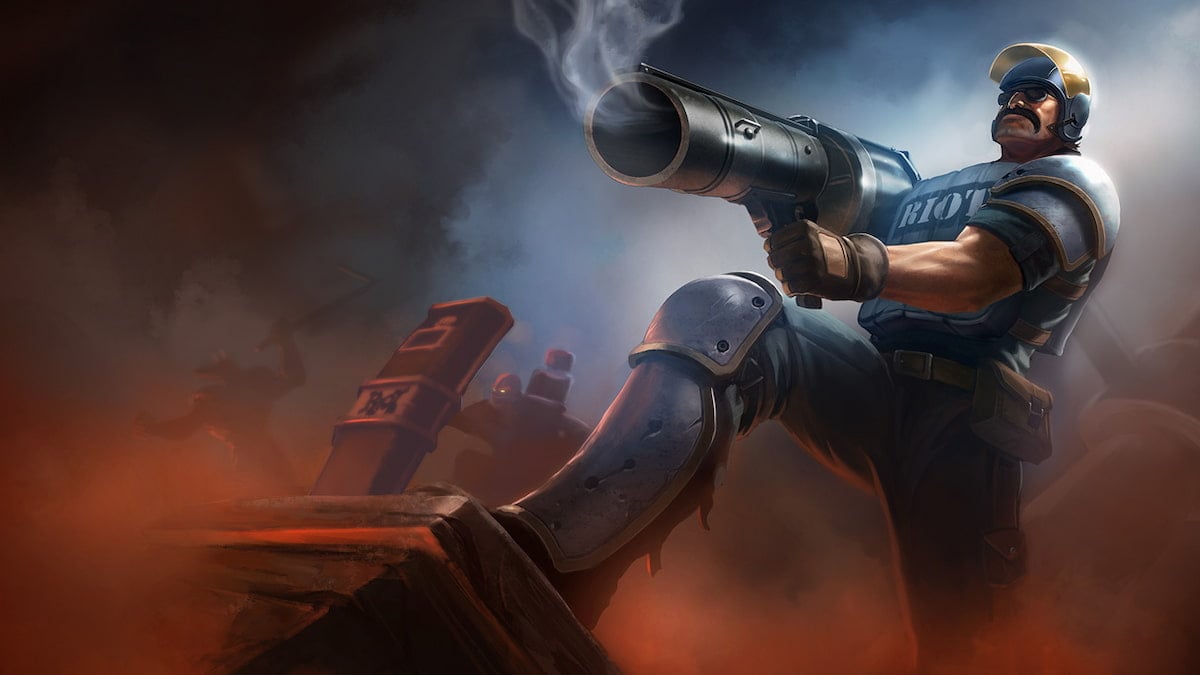
There are eight total tiers of low priority queue. The first one, called zero, gives you a one-minute penalty for one game. However, if players keep up their toxic behavior, they climb the infamous ladder of Leaverbuster. Tiers one to three give extended time penalties for five matches. However, the tiers above start implementing additional time lockout, where you can’t join a match for up to fourteen days. Below you can find all the necessary information about low priority queue’s tiers and their durations.
| Tier | Penalty | Duration |
|---|---|---|
| Zero | One minute queue delay | One game |
| One | Five minutes queue delay | Five games |
| Two | 10 minutes queue delay | Five games |
| Three | 15 minutes queue delay | Five games |
| Four | 15 minutes queue delay | Five games + 24 hours queue lockout |
| Five | 15 minutes queue delay | Five games + three days queue lockout |
| Six | 15 minutes queue delay | Five games + seven days queue lockout |
| Seven | 15 minutes queue delay | Five games + two weeks queue lockout |
How does the low priority queue impact your League of Legends experience?
These penalties apply to different game modes in League, including ranked, draft, and blind queues. Furthermore, they don’t only apply the sanctions mentioned above. Constantly leaving the game or going AFK will also lead to losing experience and League Points, so it’s a layered means of punishment.
It goes without saying that experiencing a low priority queue leaves a bad taste in your mouth. In the end, your queue times are extended to 15 minutes minimum, which can get tiresome and annoying, especially if you’re looking for a quick match. It also essentially leads you into a time lockout, forbidding you from enjoying League at all for a certain amount of days.
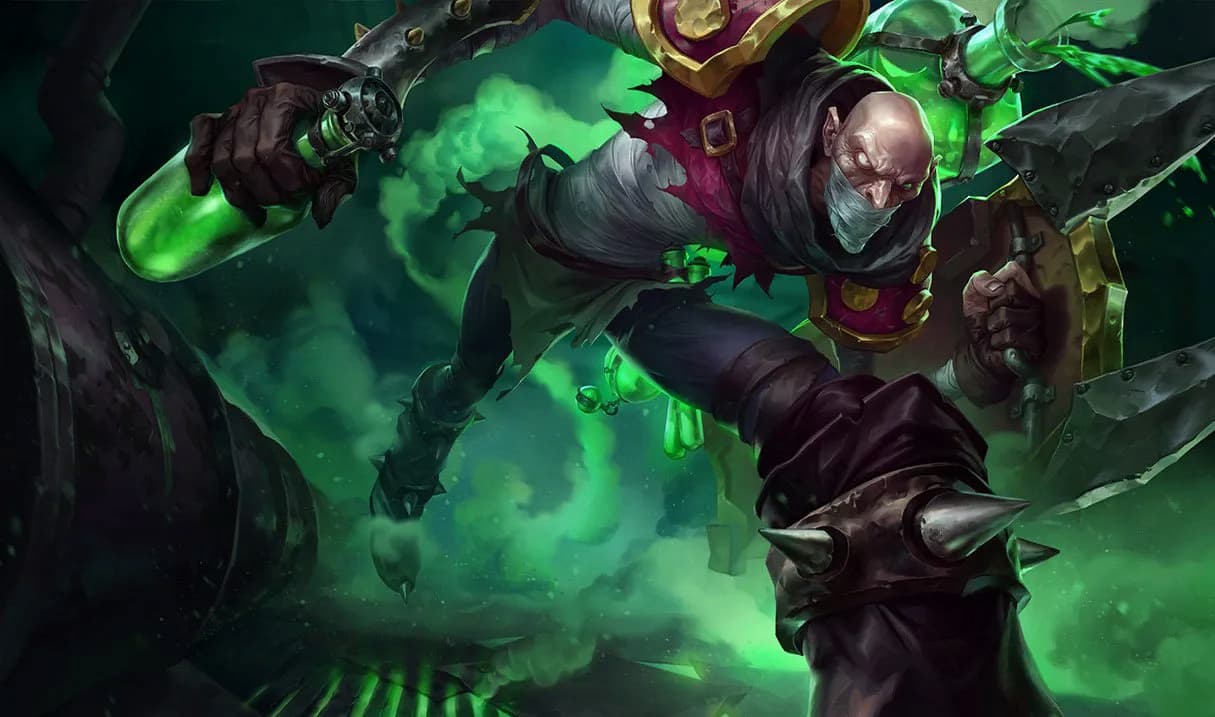
That’s why it’s a good thing. Going AFK or leaving the game may sometimes be a result of your power or internet going off, though, it’s often a result of rage-quitting or just toxic behavior. While it’s annoying for those who need to step away from the game for reasons outside their control, it’s ability to limit the toxic players is underappreciated.
How to get out of low priority queue in League of Legends?
To leave the low priority queue and avoid its penalties, Summoners need to complete at least five matchmade games without abandoning the matches early. Declining or not accepting a match will also result in the queue’s timer being reset, as will dodging the champion selection.
However, in certain tiers of the low priority queue, getting out of it takes longer. If you’re in tier four or above, where a time lockout penalty is applied, you need to wait out its duration before you may enter a match again. As of now, there is no way around this.
After the lockout is over, you will still be in low priority queue. This means you will be forced to wait 15 minutes to find each lobby, and will also have to complete five games following the rules mentioned above. As a result, you also won’t be able to leave the lobby, dodge the champion selection, not accept a match, abandon it, and so on.
All in all, the low priority queue is a system created to battle toxic players who tend to leave games early. The old school players should remember how in the initial seasons of League there were trolls who regularly ruined matches for others with such behavior. While Leaverbuster is a system that’s far from perfect, it’s something that keeps such players away, at least in the majority of games.


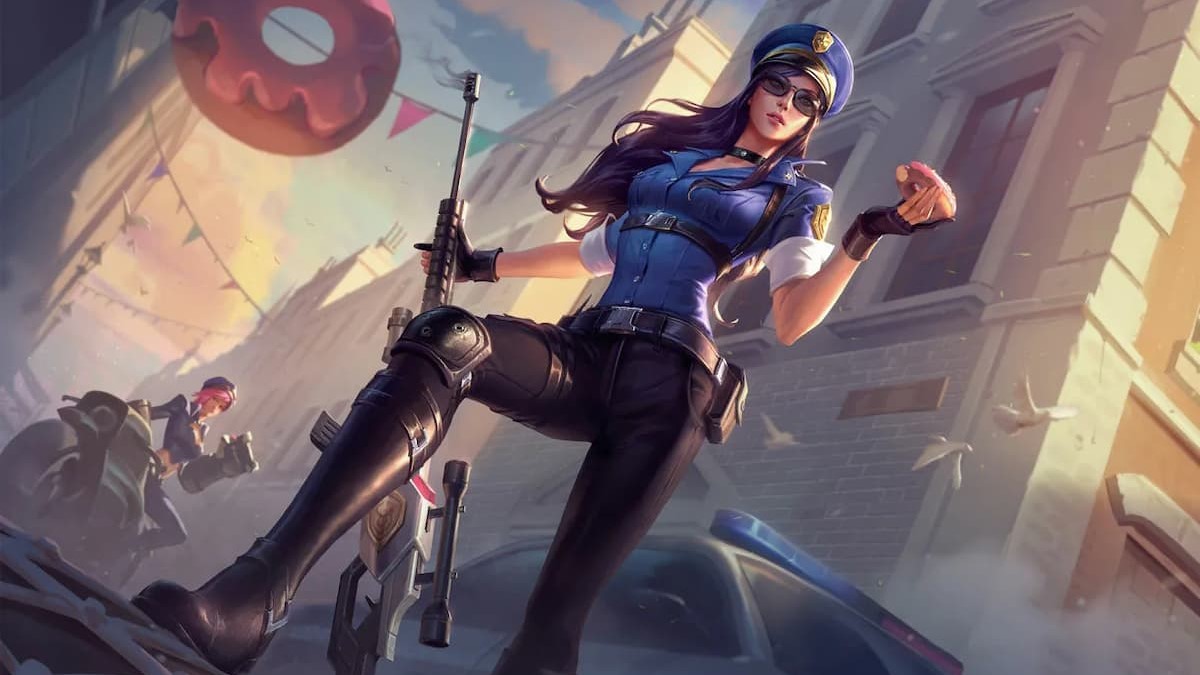
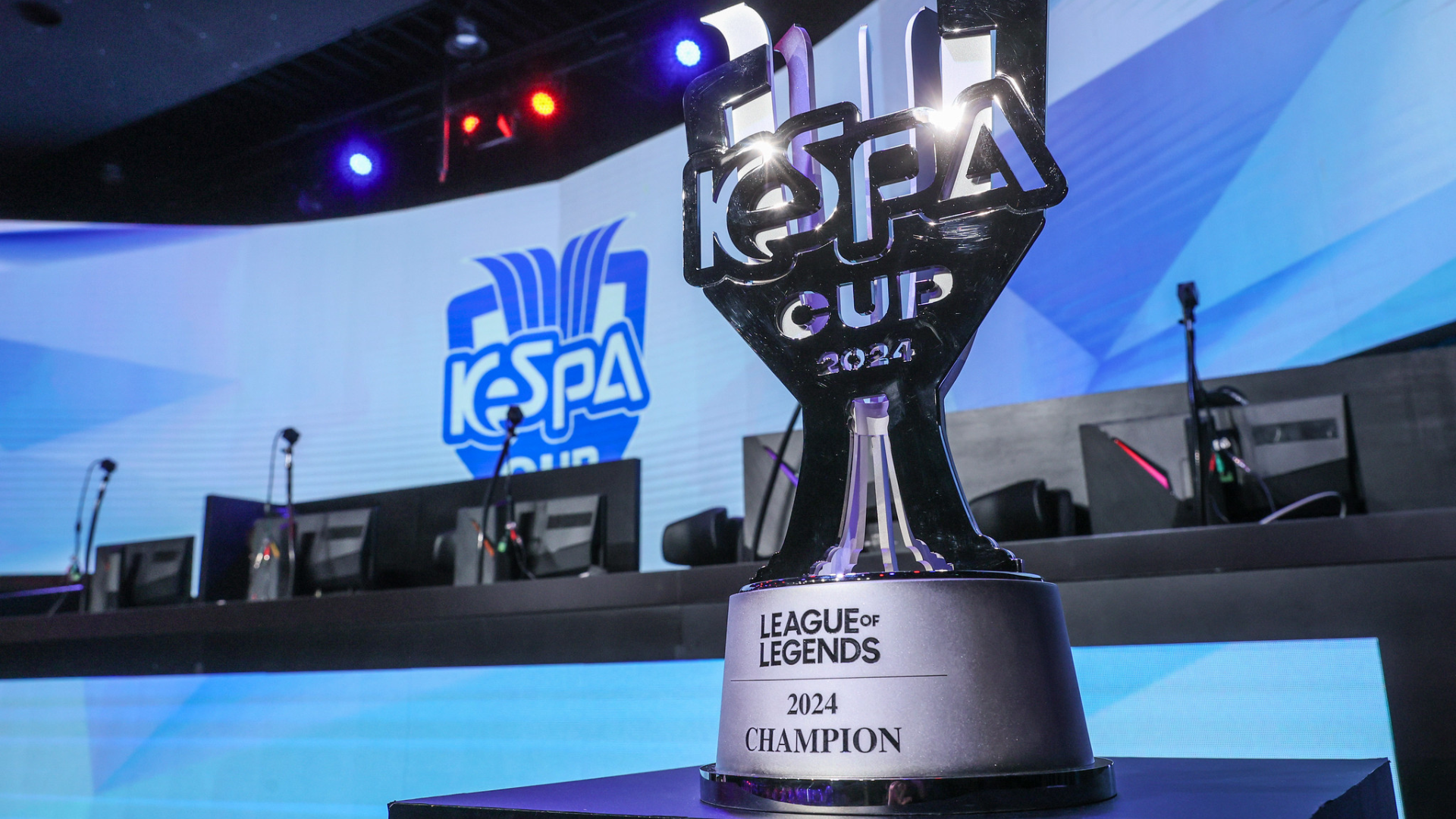






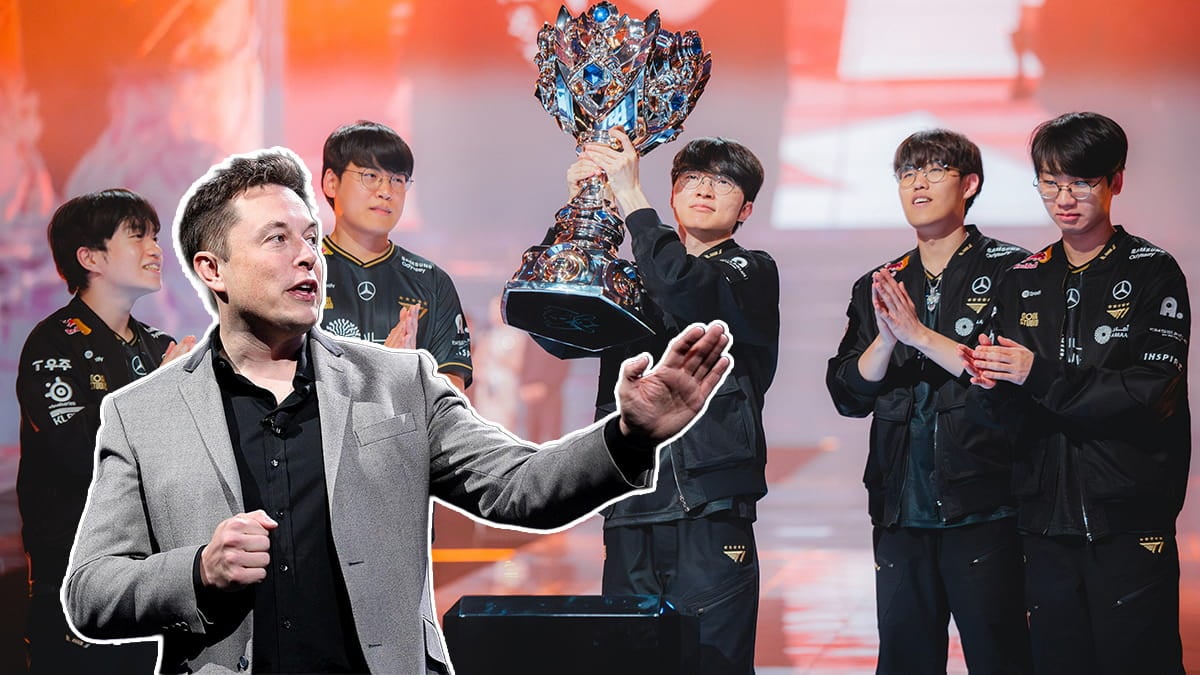
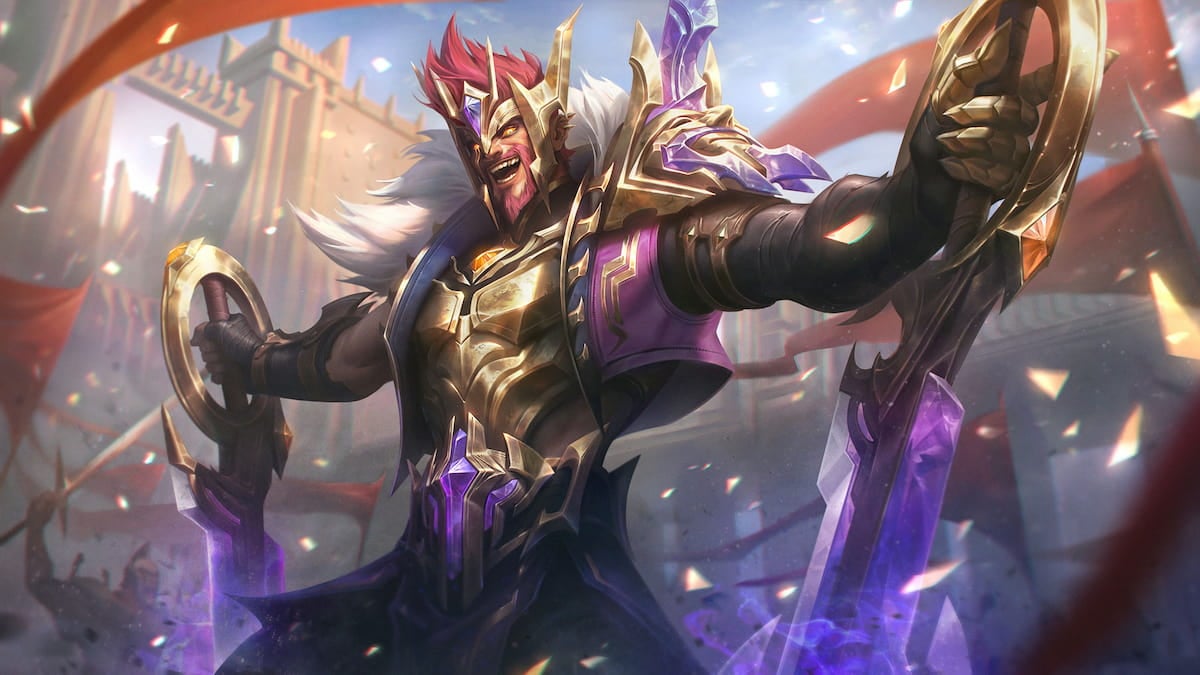


Published: Oct 29, 2024 04:00 am